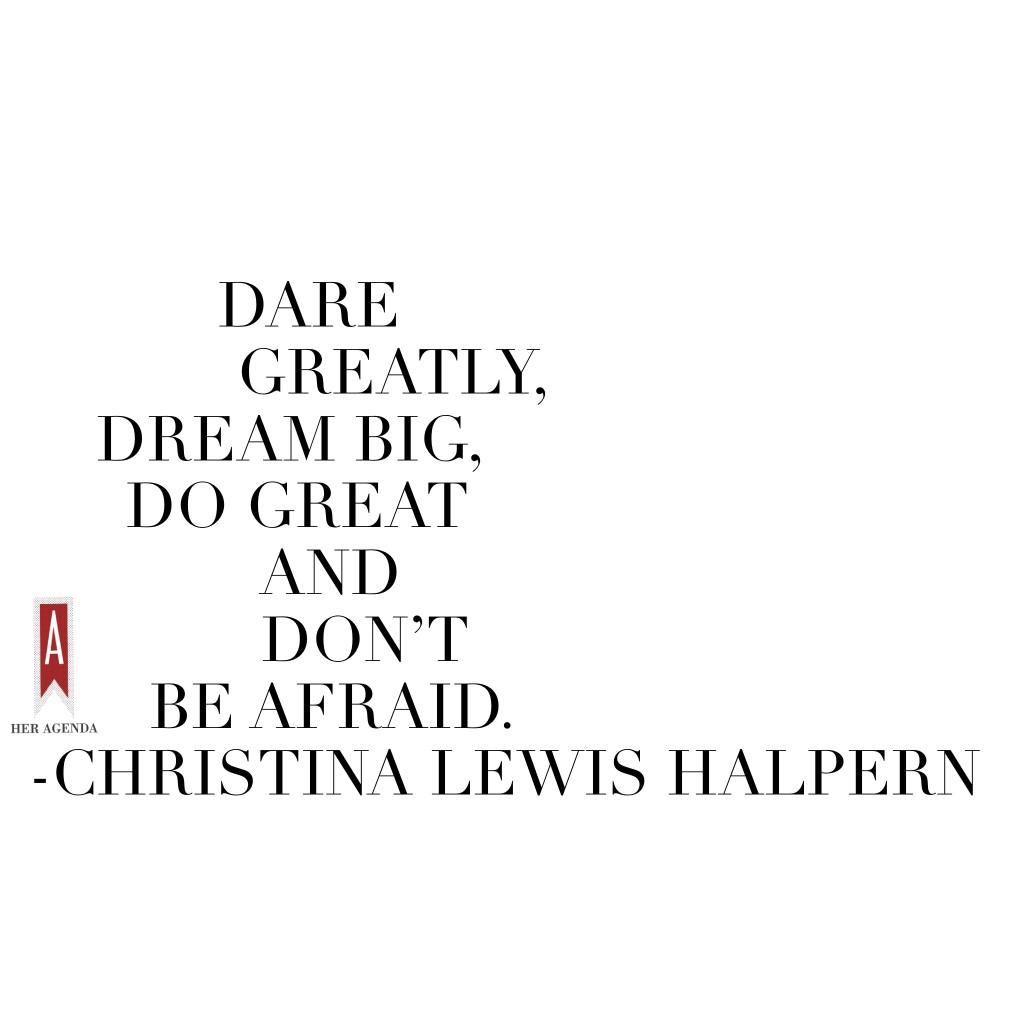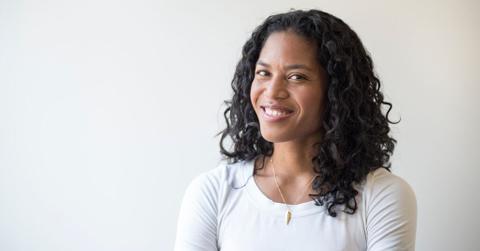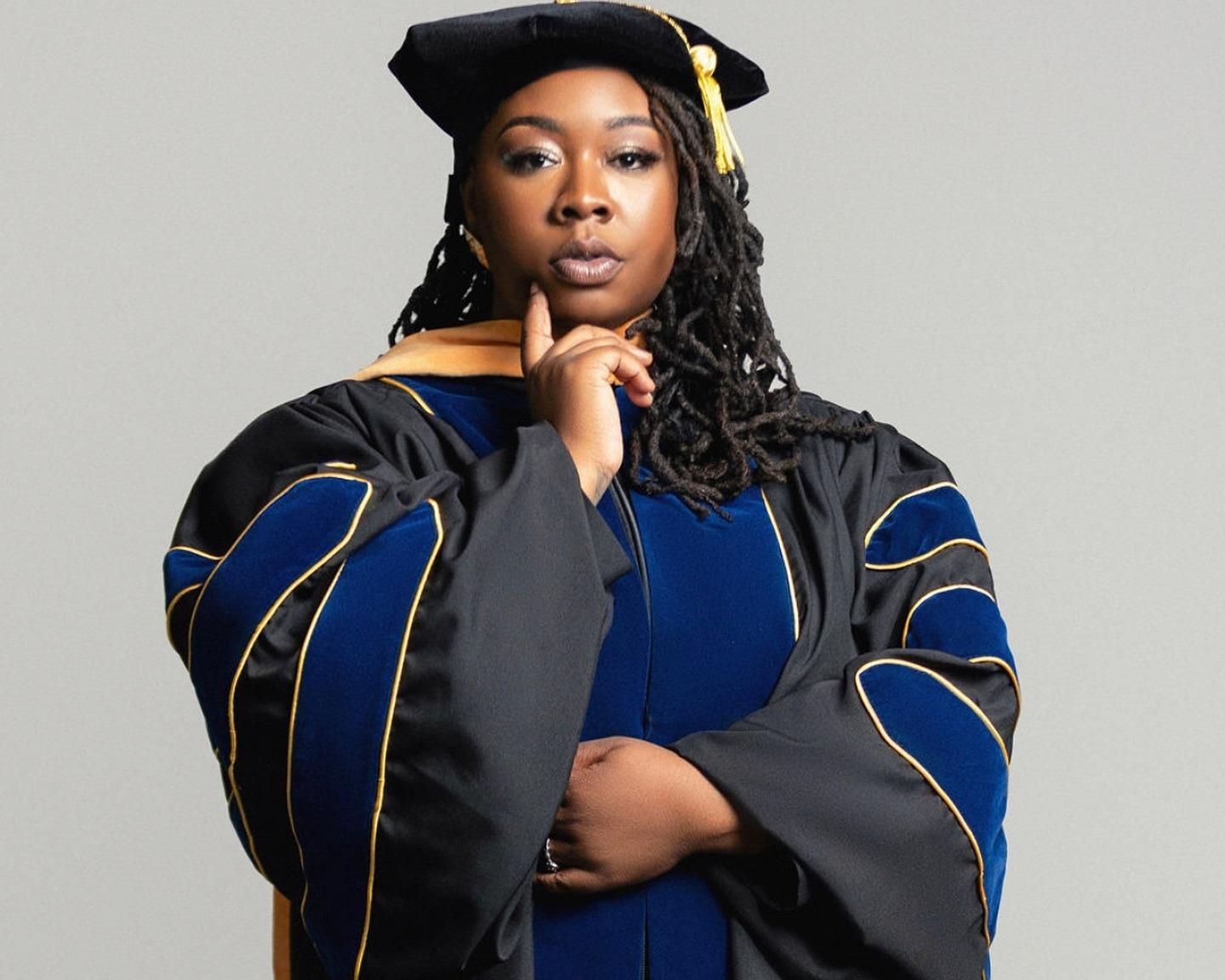When you’re the daughter of the first Black man to build a billion-dollar business, it’s quite possible to feel overwhelmed to live up to such great expectation. But for Christina Lewis Halpern, the legacy of her late father, Reginald Lewis, inspired her to support causes that uplift the black community.
Christina’s career is deeply rooted in journalism. She served as a staff writer at The Wall Street Journal until May 2010 where she covered business and commercial real estate. In 2012, she wrote a memoir about her father entitled “Lonely At The Top” which discusses in detail how he became the richest African-American businessman in the 1980’s. Her father’s incredible drive, work ethic and his success pushed Christina to create a launch pad for young African-American males to be successful in an arena where their presence is lacking – technology.
“I thought, if my father were a young man today, where would he want to go? He wouldn’t want to go to law school,” Halpern said in a 2013 Fast Company interview. “He’d want to be in Silicon Valley. So I thought, well, are there any black people in the space? No. Has it already been diversified? No.”
In the fall of 2013, Christina launched All Star Code, a nonprofit organization dedicated to educating and encouraging young African-American males to pursue careers in technology. With so much in the news about the lack of diversity in Silicon Valley, All Star Code empowers young black males by helping them build the foundation for successful careers in technology. Through intensive workshops, summer programs and other year-round activities, young men between the ages of 14 and 17 are given hands-on experience with web development, robotics and so much more.
Her Agenda had the opportunity to sit down with Christina to learn more about what she has learned as a leader in tech, and how millennial women can achieve balance when it comes to their professional and personal lives.
Her Agenda: A few years ago, you published your memoir “Lonely At The Top.” What was your creative process for your book, and looking back, what were some of the most valuable lessons you learned from your father about being a great business woman?
Christina Lewis Halpern: The creative process for the book started with a lot of research into my father’s story, his history and the history of Harvard Law School. I spoke to his professors, business associates and relatives in Baltimore. As a journalist, I never thought that writing should ever take long, but once it was time to write the book, I had to challenge myself to write 500 words in a hour. Sometimes, it took a little longer. After writing, I would share my work with a small circle of those I trusted who provided me with very candid feedback.
As far as lessons I learned from my father, I remember asking him once, “How do you decide what you’re going to pursue?” He told me, “Well, you have to find a place where you have an edge” – and that was really eye opening to me. My father was playing his strengths, and if he didn’t see that he had a competitive advantage, he wouldn’t pursue it. Watching my father taught me that in order to reach your full potential and have full success, you must take everything about yourself and figure out how you can turn it into your advantage and exploit it. Don’t cheat, but have integrity. An opportunity is nothing without hard work and thoughtfulness.
Her Agenda: What inspired you to make the transition from the world of journalism to the start-up world? What is your ultimate goal and how do you connect with the mission of All Star Code?
Christina Lewis Halpern: I got impatient with being an observer on the sidelines. I have always been passionate about redressing the disadvantages of historically-oppressed communities and as I learned more about tech I saw there was a need for a program to empower young men to become creators of technology. Our goal is to close the racial gap in tech. My father was a pioneer on Wall Street and I consider it a calling to help others break barriers.
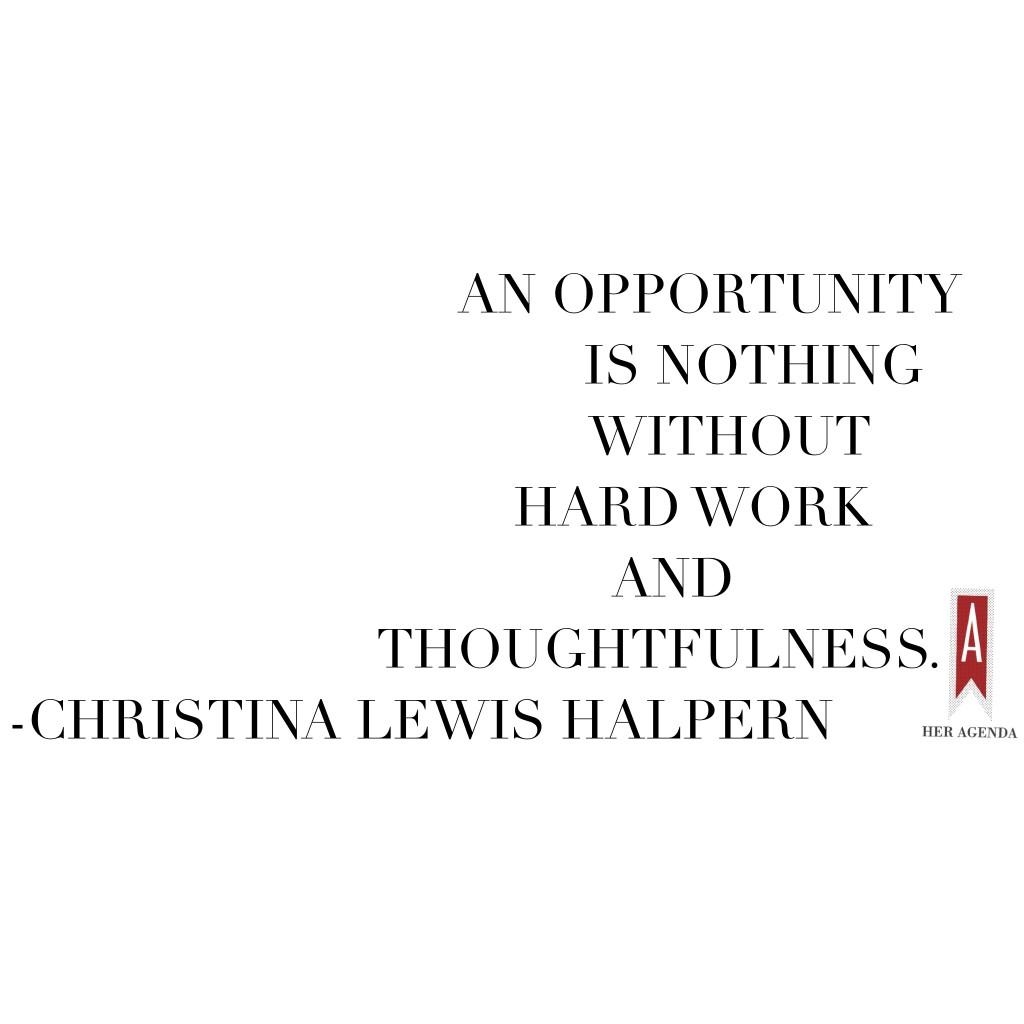
Her Agenda: It is often said that women can’t possibly achieve work-life balance. As a mother, wife and entrepreneur, do you think that it exists?
CLH: There’s a difference between wanting it all and having work-life balance. I do believe you can have work-life balance — but having it all is problematic because no one can have it all. Women and men today need to understand their priorities and what is most important to them, and not compromise to achieve “work-life balance.” I have lots of days, months and even years when I thought, “I did too much” or “I missed too many school events.” It’s criminal in this country that we don’t have maternity leave and universal day care. Those are real challenges in this country.
Her Agenda: What have you learned about yourself professionally and personally as a woman in such a male-dominated career field?
CLH: At this stage as a leader, it’s not about my own performance, but it’s about how well I motivate the team and lead the team and help them do their best work. My job doesn’t lie in how well I write a particular essay, or my own capabilities. Too often, people focus too much on their own performance. As a leader, I’ve learned that it’s important to bring the best out of people, and to work with a collaborative spirit. Of course, leadership does come with its challenges. Particularly as a fast growing organization, the hardest thing is to prioritize and focus on the issues that truly matter. That may come with turning certain opportunities down, but you have to remember what is best for your organization.
With our students, it’s confidence and belief that are so important. Students appreciate how much faith I have in them. I feel very passionate about what our students are capable of and the untapped talent in our community. They will be successful. [But] it’s unfortunate that hope, faith and belief is in such short supply.
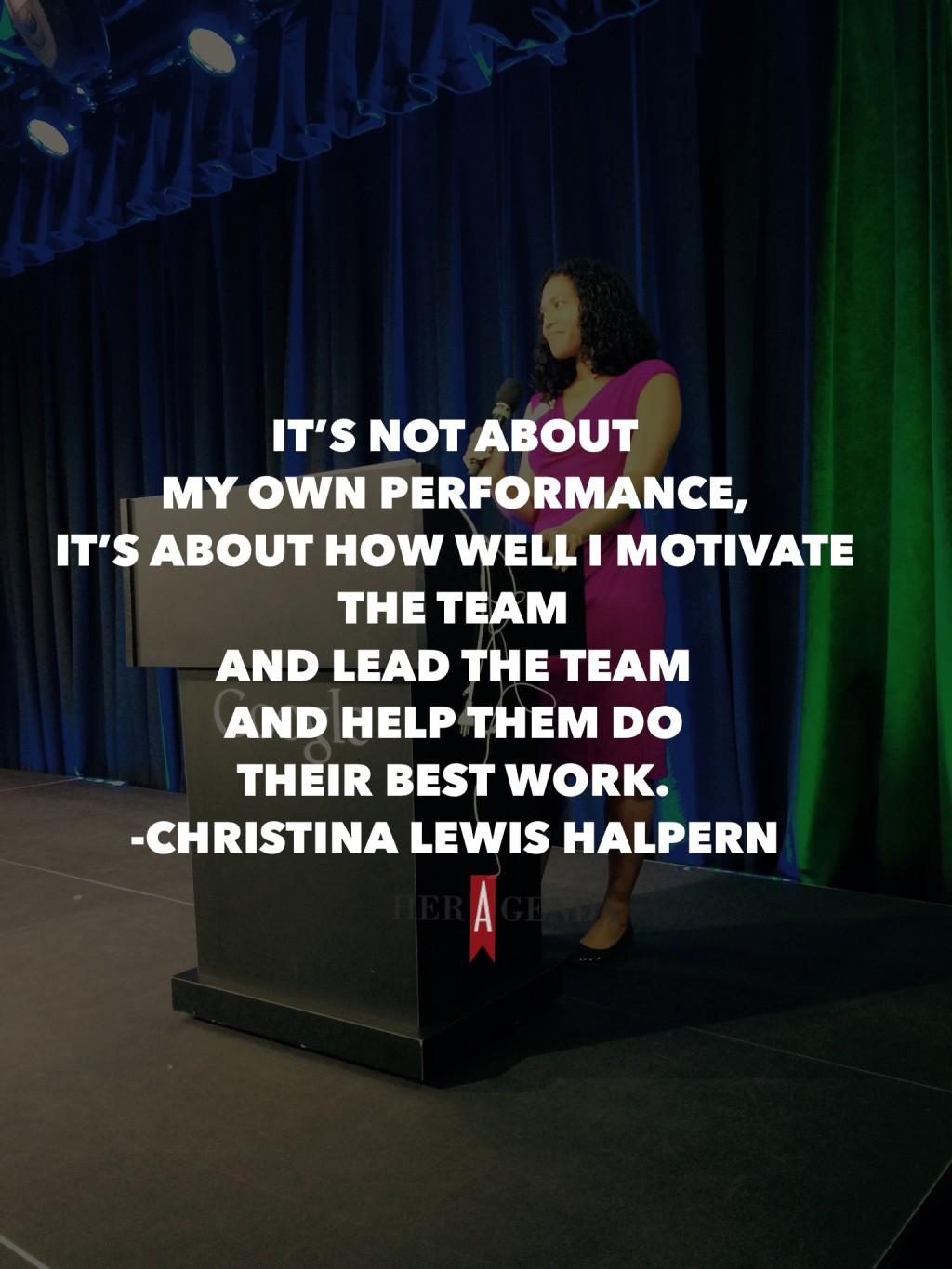
Her Agenda: Finally, what is one piece of advice you would give to your 26-year-old self?
CH: Dare greatly, dream big, do great and don’t be afraid. And read more!
